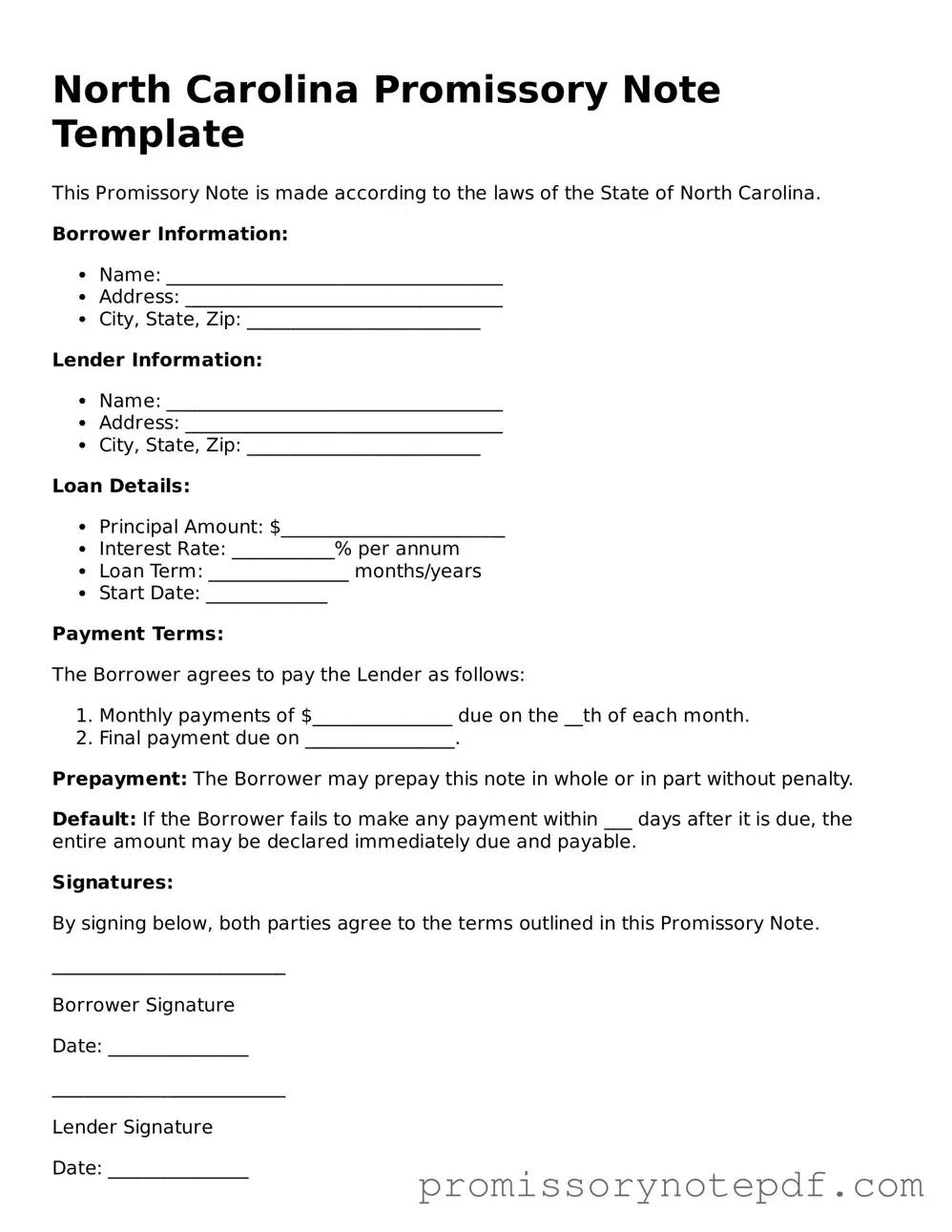A promissory note is a financial instrument that outlines a borrower's promise to repay a specified amount of money to a lender under agreed-upon terms. Similar to this document is a loan agreement, which provides a comprehensive outline of the terms of the loan, including interest rates, repayment schedules, and collateral. While a promissory note serves as a simple acknowledgment of debt, a loan agreement typically includes more detailed provisions, such as default conditions and remedies, making it a more complex and formalized document.
Another document akin to a promissory note is a mortgage. A mortgage secures a loan with real property, allowing the lender to take possession of the property if the borrower defaults. Like a promissory note, a mortgage outlines the borrower's obligation to repay the loan. However, a mortgage also includes specific details about the property and the rights of both parties, providing additional security for the lender compared to a standalone promissory note.
A personal guarantee is also similar to a promissory note in that it involves a promise to repay a debt. This document is often used when a business loan is involved, where an individual agrees to be personally responsible for the debt if the business fails to repay it. While a promissory note is a direct promise to pay, a personal guarantee adds a layer of personal accountability, making it a useful tool for lenders seeking assurance from individuals behind a business loan.
In the realm of real estate transactions, a deed of trust shares similarities with a promissory note. This document involves a third party, known as a trustee, who holds the title to the property until the loan is repaid. Like a promissory note, a deed of trust outlines the borrower's obligation to repay the loan. However, it also provides a mechanism for foreclosure, allowing the lender to reclaim the property without going through the court system if the borrower defaults.
A loan modification agreement is another document that relates closely to a promissory note. This agreement alters the terms of an existing loan, such as interest rates or repayment schedules, often in response to the borrower’s financial difficulties. While a promissory note establishes the original loan terms, a loan modification agreement serves to adjust those terms, demonstrating the evolving nature of the borrower's financial obligations.
Furthermore, a conditional sales agreement bears resemblance to a promissory note. This document is used when a buyer agrees to purchase an item, such as a vehicle, through installment payments. The seller retains ownership of the item until the buyer fulfills all payment obligations. Both documents outline the payment terms, but a conditional sales agreement includes specific conditions regarding possession and ownership, adding another layer of complexity to the transaction.
A security agreement is also similar to a promissory note, particularly in the context of secured loans. This document grants the lender a security interest in specific assets of the borrower, which can be seized if the borrower defaults. While the promissory note outlines the promise to repay, the security agreement details the collateral that backs that promise, providing the lender with additional protection.
Finally, an installment agreement can be compared to a promissory note. This document allows a borrower to repay a debt in smaller, manageable payments over time. Like a promissory note, it specifies the total amount owed and the repayment schedule. However, an installment agreement may also include terms regarding late fees and penalties, making it a more structured approach to debt repayment.
